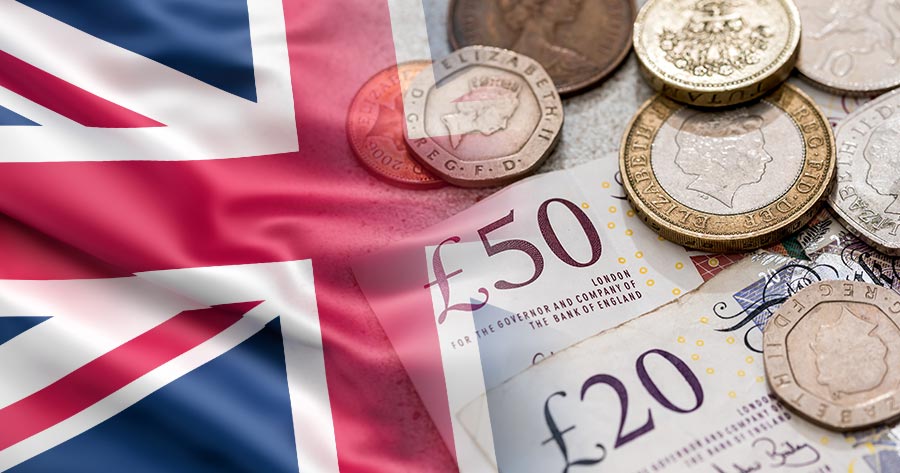The British economy experienced a narrower advance in the third quarter compared to projections, with little over minimal growth subsequent to an initial resurgence at the start of the year.
The country’s Gross Domestic Product (GDP) experienced a marginal increase of merely 0.1% in the quarter ending in September, compared to the preceding quarter. This was notably lower than the 0.2% growth anticipated by a Reuters poll, and followed a 0.5% growth in the second quarter.
The services sector saw the same pace as the overall economy, with a 0.1% rise. While the construction sector witnessed a slightly better growth of 0.8%, industrial output slid by 0.2% during the period.
In September, the U.K. saw a substantial decline in its inflation rate, slumping to 1.7% and undershooting the Bank of England’s 2% target for the first time since April 2021. This downward shift in inflation proved instrumental in nudging the central bank towards a rate cut of 25 basis points on November 7, effectively reducing its key rate to 4.75%.
The Bank of England expressed anticipations last week that the Labour Government’s tax-raising budget will stimulate GDP growth by 0.75 percentage points within the next year. Additionally, it was remarked by policymakers that the government’s fiscal strategy had instigated a higher estimate for inflation.
U.K. Finance Minister Rachel Reeves expressed disappointment over the recent economic numbers. She highlighted the measures that the government intends to take to deliver growth, create jobs, and stabilise public finances.
Looking forward, the next rate cut in December now seems rather unlikely, according to Suren Thiru, head of economics at the Institute of Chartered Accountants in England and Wales. Inflation threats and emerging global disruptions will likely dissuade policymakers from consecutive rate reduction moves.
Meanwhile, the global economic instability caused by the recent U.S. election and subsequent reelection of President Trump has added to the uncertainty. Trump’s proposed tariffs are expected to drive inflation and impact the European economies significantly, but they may also create new opportunities for the British economy.
Last week, the Governor of the Bank of England, Andrew Bailey remained tight-lipped regarding the bank’s stance on President Trump’s tariff policy, although he acknowledged the risks associated with global fragmentation.





